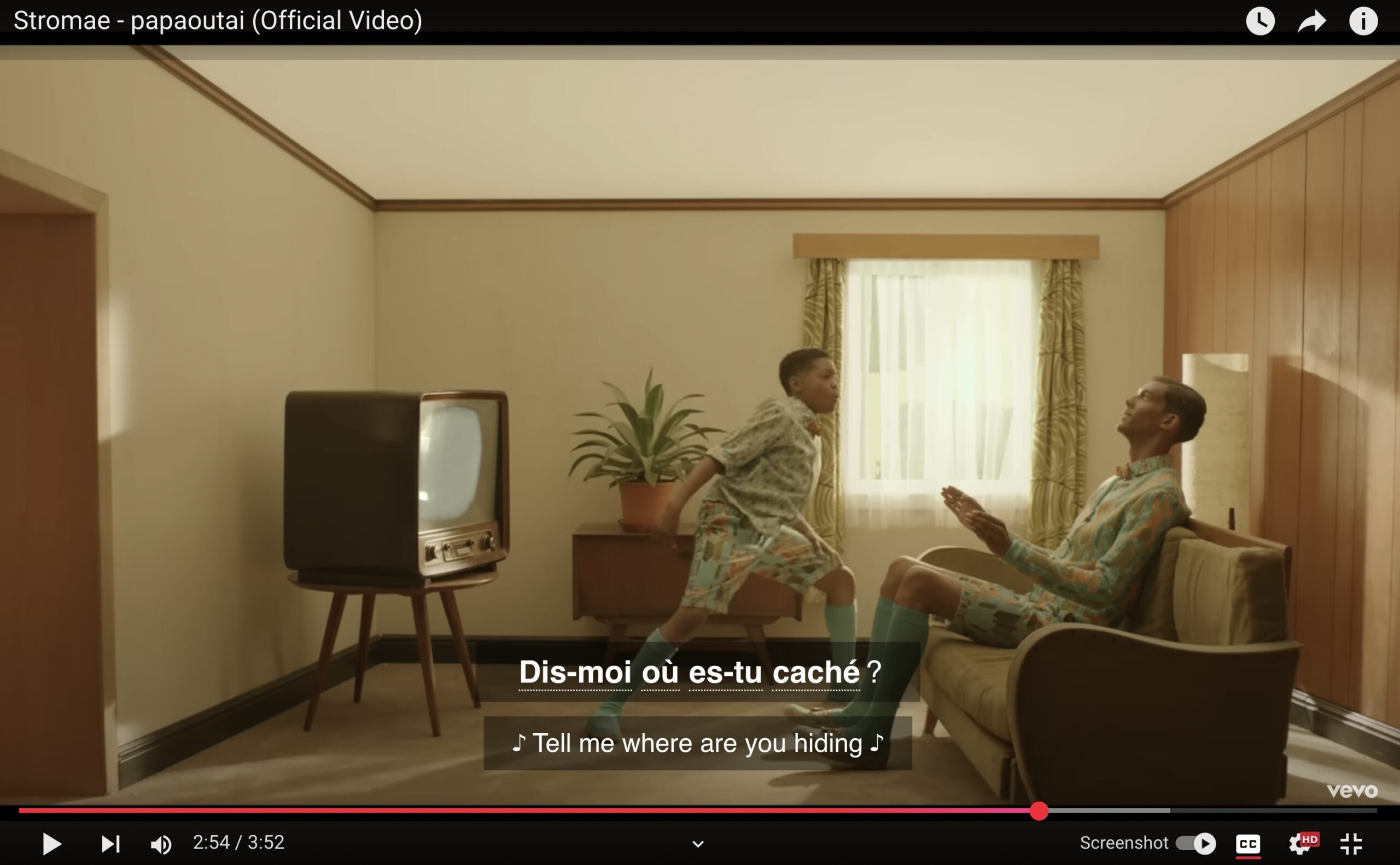French Articles

Learning French articles is a small, but important step of your journey to fluency.
French articles are the basis for defining any type of noun, so you must have a good grasp of them before moving into more complex grammar.
This guide will give you everything you need to understand what definite, indefinite and partitive articles are, as well as how to use them!
Download: This blog post is available as a convenient and portable PDF that you can take anywhere. Click here to get a copy. (Download)
What Are French Articles?
French articles are essential elements of the language’s grammar used to indicate the gender (masculine or feminine) and number (singular or plural) of nouns.
There are definite articles (le for masculine singular, la for feminine singular, les for plural) and indefinite articles (un for masculine singular, une for feminine singular, des for plural).
There are also partitive articles like du (masculine singular), de la (feminine singular), and des (plural) which indicate an unspecified quantity of something.
These articles are placed before nouns to provide information about them and are crucial for constructing coherent sentences in French. Understanding French articles is super important for accurate communication and understanding of the language.
French Indefinite Articles
In French, the indefinite article corresponds to “a” or “an” in English, and as previously stated, it refers to an unspecified noun.
| French | English | Example |
|---|---|---|
| une | a / an (feminine) | J'ai mangé une pomme hier.
(I ate an apple yesterday.) |
| un | a / an (masculine) | Est-ce que tu as un livre pour moi ?
(Do you have a book for me?) |
| des | some | J'ai mangé des pommes hier.
(I ate some apples yesterday.) |
Keep in mind that there are certain cases in French where the indefinite article is omitted.
For example, don’t use the indefinite when talking about one’s job.
Je suis professeur. (I am a teacher.)
French Definite Articles
Definite articles correspond to “the” in English, and they denote a specific noun that one is speaking about.
Like the indefinite articles, these articles are differentiated based on the following noun’s grammatical gender and whether or not the noun is plural:
| French | English | Example |
|---|---|---|
| la | the (female, single) | La femme est très belle.
(The woman is very beautiful.) |
| le | the (male, single) | Le chat s'appelle Hugo.
(The cat is named Hugo.) |
| l' | the (followed by a vowel, single) | Ils vont à l'hôpital.
(They're going to the hospital.) |
| les | the (plural) | Nous vendons les chaussures.
(We sell [the] shoes.) |
Definite Articles with the Preposition à (to)
Definite articles can be combined with certain prepositions to create what we would call contractions in English.
For example, when the preposition à (to) is followed by certain definite articles, the two words must combine.
| à + Preposition | Combination | Example Sentence |
|---|---|---|
| à (at) + le (the) | au (to the) | Je vais au cinéma tous les jeudis.
(I go to the movies every Thursday.) |
| à (at) + les (the) | aux (to the) | Elle a donné le cahier aux parents.
(She gave the book to the parents.) |
| à (at) + la | No combination | Il est allé à la bibliothèque après l'école.
(He went to the library after school.) |
| à (at) + l' | No combination | Les enfants ont désobéi à l'homme.
(The children disobeyed the man.) |
Definite Articles with the Preposition de (of/from)
When the definite articles combine with de, they can have two meanings:
- The first is the simple meaning of “of the” or “from the.” For example, you may use a combined definite article and de to say “I bought the book from the store” (see below).
- The second meaning is called the “partitive” or the meaning of “some” in English. The partitive talks about an unspecified quantity of something, usually food or drink.
| de + Definite Article | Combination | Example Sentence |
|---|---|---|
| de + le | du | J’ai acheté le livre du magasin.
(I bought the book from the store). |
| de + les | des | Les enfants ont pris le gâteau des parents.
(The children took the cake from the parents.) |
| de + la | No combination | Il a vu la femme de la maison.
(He saw the woman of the house.) |
| de + l' | No combination | Nous avons regardé l’émission de l’homme.
(We watched the show from the man.) |
French Partitive Articles
Partitive articles in French are used to express an indefinite or partial quantity of something.
| French | English | Example |
|---|---|---|
| du | some (masculine singular) | Je voudrais du pain.
(I would like some bread.) |
| de la | some (feminine singular) | J'ai besoin de la farine.
(I need some flour.) |
| de l' | some (masculine and feminine singular, used when noun starts with vowel or silent h. | Elle boit de l'eau.
(She drinks some water.) |
| des | some (masculine and feminine plural) | Nous avons des amis.
(We have some friends.) |
In negative sentences, the partitive articles change. Du becomes de, de la becomes de, and des becomes de, e.g. Je ne veux pas de pain (I don’t want any bread).
Where to Practice French Articles
The following resources will help you perfect and practice your French articles.
- Lawless French has detailed and individualized tests on indefinite and definite articles and combinations with the preposition de.
- ToLearnFrench.com has a quiz that tests you on both indefinite and definite articles.
- FluentU is another useful learning tool.
FluentU takes authentic videos—like music videos, movie trailers, news and inspiring talks—and turns them into personalized language learning lessons.
You can try FluentU for free for 2 weeks. Check out the website or download the iOS app or Android app.
P.S. Click here to take advantage of our current sale! (Expires at the end of this month.)
For additional practice with French articles, you can also check out this video from the FluentU French YouTube channel:
Now that you have a handle on the most basic piece of French sentence structure, you’re ready to tackle all the parts of French grammar.
Put those little articles to work!
Download: This blog post is available as a convenient and portable PDF that you can take anywhere. Click here to get a copy. (Download)
And One More Thing...
If you're like me and enjoy learning French through movies and other media, you should check out FluentU. With FluentU, you can turn any subtitled content on YouTube or Netflix into an engaging language lesson.
I also love that FluentU has a huge library of videos picked specifically for French learners. No more searching for good content—it's all in one place!

One of my favorite features is the interactive captions. You can tap on any word to see an image, definition, and examples, which makes it so much easier to understand and remember.
And if you're worried about forgetting new words, FluentU has you covered. You'll complete fun exercises to reinforce vocabulary and be reminded when it’s time to review, so you actually retain what you’ve learned.
You can use FluentU on your computer or tablet, or download the app from the App Store or Google Play. Click here to take advantage of our current sale! (Expires at the end of this month.)











